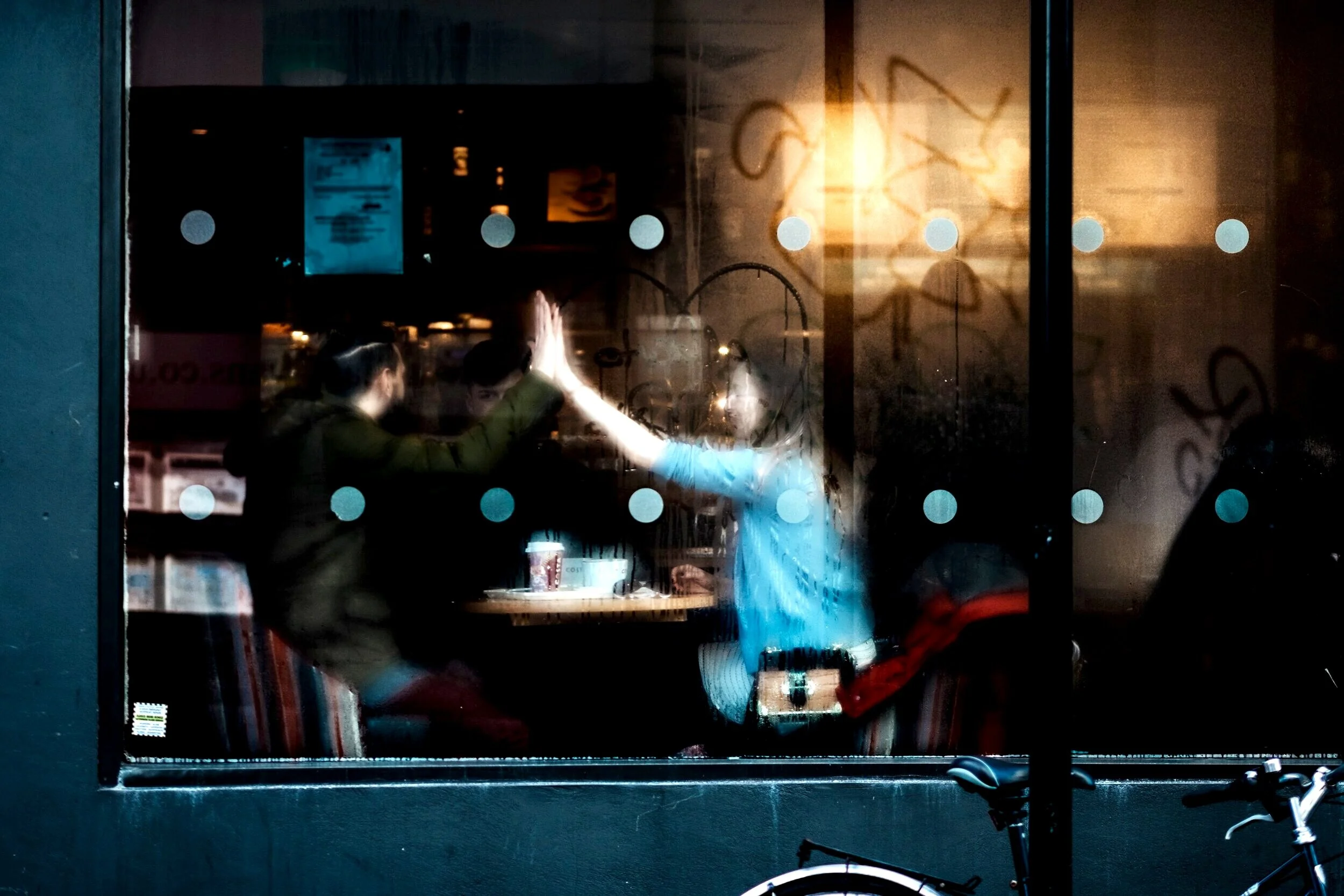Lockdown was pretty tough for lots of reasons, but let’s be honest: the worst part was having to cook dinner every night—especially when pasta was sold out at all the supermarkets, necessitating such war-time recipes as ‘chickpeas with Carbonara out the jar’. So you might think that the reopening of pubs and restaurants would be met with a stampede of people whose lockdown PTSD is triggered by the mere sight of bottled sauce. But, it wasn’t.
Why? Because one: we weren’t born yesterday—there’s a deadly virus at large, even if Boris (the man whose first response to the crisis was to catch the virus himself) says we should go to the pub. Two: we’re almost all of us broke or expecting to be broke very soon. And three: we’re no longer in the habit of spending unwise proportions of our incomes on meals that we can just about (after months of practice and buying pasta machines off Amazon) whip up for ourselves.
Arguably, the British public should have been praised for emerging from lockdown with new-found prudence and self-reliance. Instead, the government devised immediately re-addict us to expensive restaurant food by offering a financial incentive to restart old habits.
How Did Eat Out to Help Out Work?
Running throughout the month of August, the UK Government’s ‘Eat Out to Help Out’ scheme offered diners up to £10 off their meals to encourage a return to dining out. Architects of the scene banked on a maximum savings of £10 per person being adequately tantalising to get everyone out and eating. And it was: throughout the month of August, we gobbled 100 million subsidised meals (not us here at Blue Door—we did help—but UK residents in total). That’s more than 1.5 meals each. Boy, were we helpful! Or were we?
Did Eat Out to Help Out Actually Help?
The scheme helped the government a lot. Latest data reveals that the treasury saved £150 million on the cost of furloughing hospitality workers suddenly required to return to work in their droves and do their bit for the COVID-19 recovery effort—a bit like NHS staff and essential workers, except serving up plates of fish and chips. The treasury also benefited from £65 million in tax from sales of food and drink over £10 per person, including alcohol (what’s fish and chips without a beer?).
The scheme has undeniably helped the hospitality sector, largely for reasons outlined above: an immediate spike in sales (though figures remained lower than August last year) as well as the potential longer-term benefit of providing an opportunity to display new COVID-19 safety measures designed to, if not reduce the spread of the virus per say, reassure customers of the intention to do so. Then, of course, there’s the potential boon of a nation re-addicted to eating out.
That’s all well and good, if restaurants and pubs remain open and the increasingly skint British public continues to support them at the old prices. But with COVID-19 infection rates threatening another nationwide lockdown (no prizes for guessing whether Eat Out to Help Out helped out in that regard) businesses that benefited from a short-term boost now face the very real prospect of closure for the second time, only with slimmer chances of receiving government assistance.
Economists and industry experts have predicted that if restaurant owners and pub landlords receive continued government support in the form of business rates relief and other benefits, there is some hope of the industry hanging on. But if not, then the future of the UK hospitality industry looks pretty bleak. According to latest data on the recovery of licensed establishments, independent businesses will be hit harder than chains. So while ‘household name’ establishments remain open, we may see a flurry of smaller closures in the near future.
How Blue Door Property Guardians Can Help
If you’ve had to close your pub or restaurant temporarily due to the economic impact of COVID-19, or you foresee this event in the near future, please get in touch. We offer zero-cost security for vacant buildings, so your premises will be protected from squatters, vandals and arson while you rethink and plan your next phase. Another positive is that instead of paying business rates on your empty property, you could set up a passive income stream with property guardianship—fee live-in security and a monthly income.....its a win-win!
Contact us via our website for a same-day call back, or give us a buzz on 02078594213.

